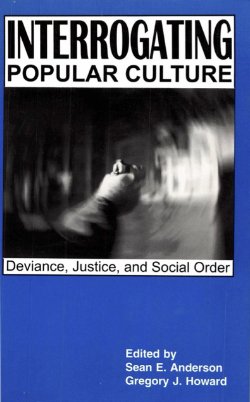By André Brock, Jr.
From BlackPlanet to #BlackGirlMagic, Distributed Blackness places Blackness at the very center of internet culture. André Brock Jr. claims issues of race and ethnicity as inextricable from and formative of contemporary digital culture in the United States. Distributed Blackness analyzes a host of platforms and practices (from Black Twitter to Instagram, YouTube, and app development) to trace how digital media have reconfigured the meanings and performances of African American identity. Brock moves beyond widely circulated deficit models of respectability, bringing together discourse analysis with a close reading of technological interfaces to develop nuanced arguments about how “Blackness” gets worked out in various technological domains.
As Brock demonstrates, there’s nothing niche or subcultural about expressions of Blackness on social media: internet use and practice now set the terms for what constitutes normative participation. Drawing on critical race theory, linguistics, rhetoric, information studies, and science and technology studies, Brock tabs between Black-dominated technologies, websites, and social media to build a set of Black beliefs about technology. In explaining Black relationships with and alongside technology, Brock centers the unique joy and sense of community in being Black online now.
New York: NYU Press, 2020 266p.











